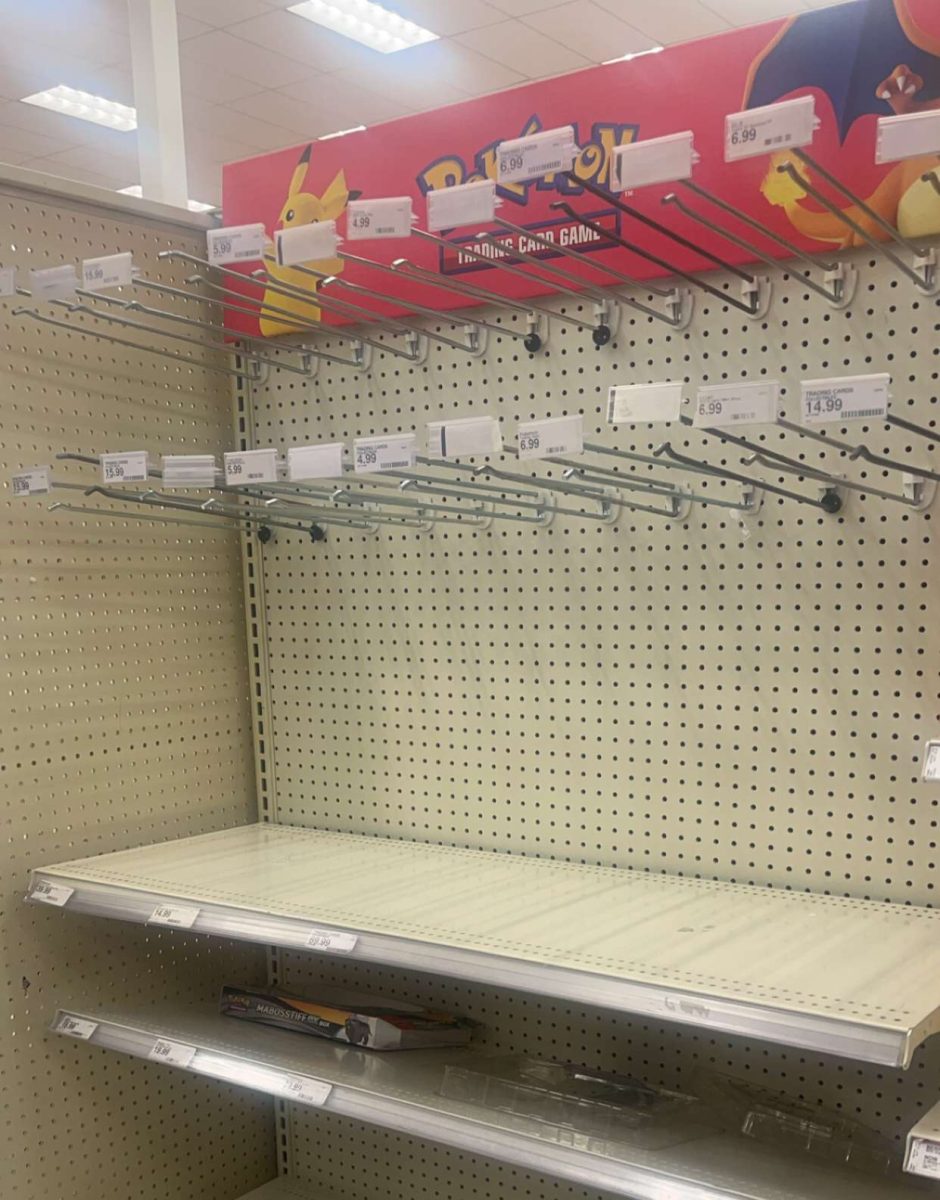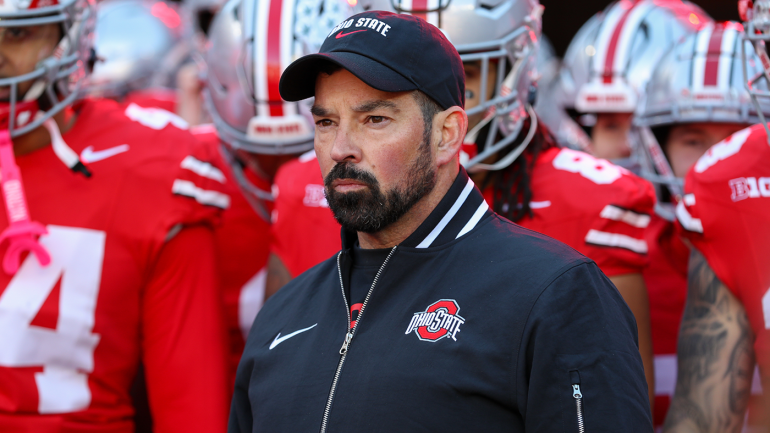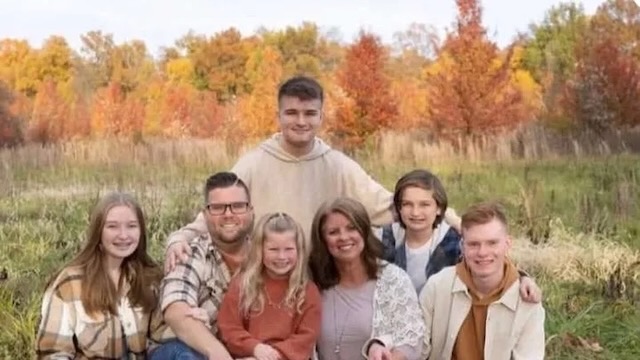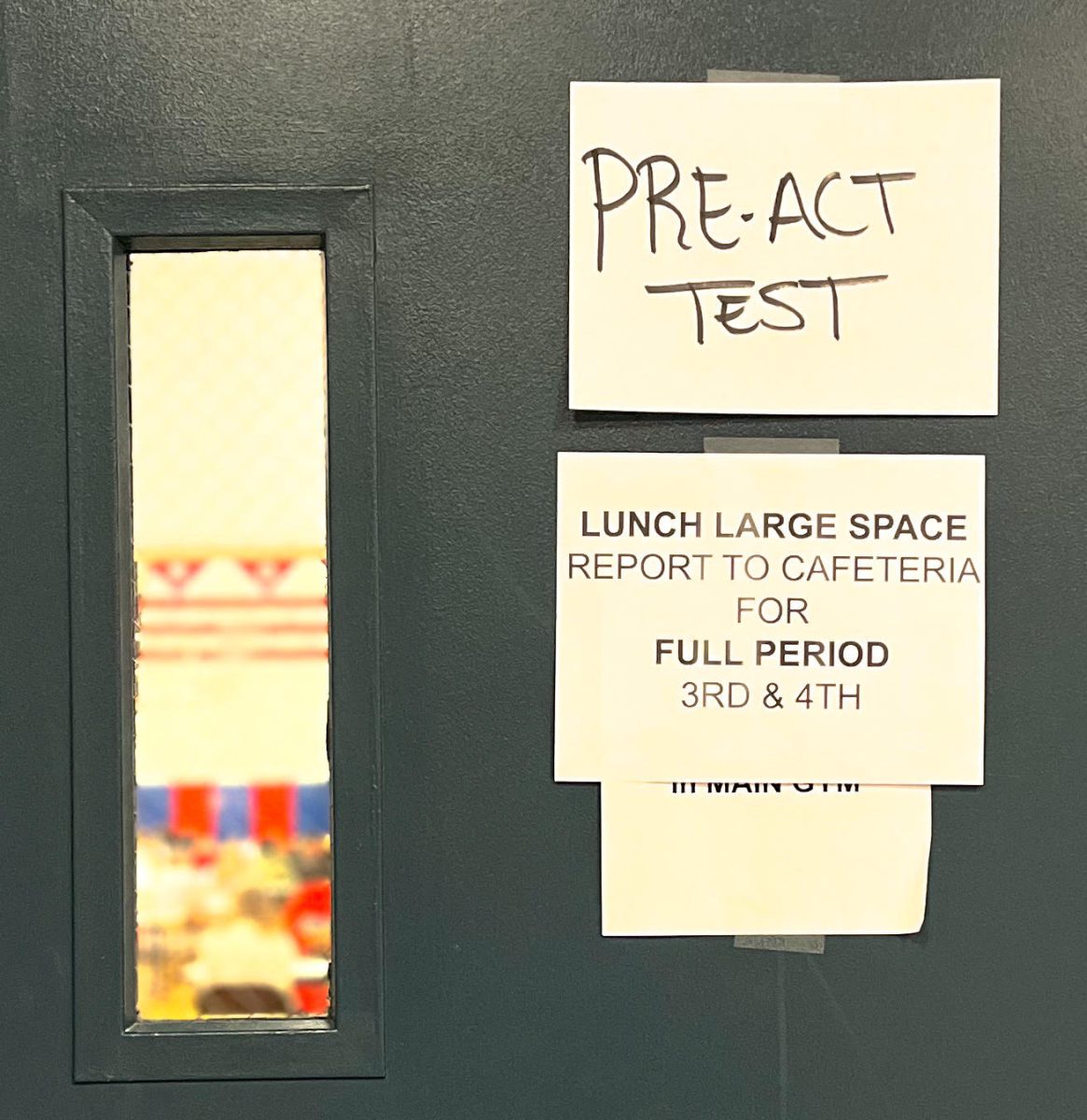Conversations around Mental Health at the Forefront of Pandemic Fallout for Teens
May 25, 2021
Mental health in teens has been an area of focus for many during the COVID-19 pandemic. With schools being closed, many of the resources available to the community via schools became inaccessible and many teens found themselves in conversations focused on their mental health.
A small focused group of students from all grades at Thomas Worthington participated in an open discussion about mental health. Throughout this discussion, many brought to light the response of their parents to conversations at home about their mental health. Most participants either stated or agreed that their parents’ normal response is exaggerated. But, there were two sides to the students’ statements; some feel their parents downplay mental health, while others feel that their parents overreact.
According to many students, their parents downplay their mental health when they talk to them about it. A senior said their parents once told them, “you are sad, you are frustrated, or you are going through something, but you are never mentally ill”. They said that mental health is a very taboo subject in her family. Many parents are quick to deny that their children are actually suffering from mental illness(es), and rather attribute their depression, anxiety, etc., to a bad day at school or “just a phase.”
Other students discussed their parents’ responses that they found most unhelpful. One student said that her parents were shocked when they heard she was struggling with her mental health during the pandemic. “What is there to be sad about when I give you everything? You have everything.” This is an example of parents gaslighting their children on the subject of mental health. Gaslighting is mental manipulation by questioning their own sanity. This causes kids and teens to question their feelings, inevitably making their mental state worse than to begin with.
In a separate interview, a student explained how they felt when their parents downplayed their mental health. They said, “It makes me feel kind of invisible. By downplaying my mental illness, it makes me feel like I am not as good as someone without a mental illness.”
On the other end of the spectrum, some students said that when they discuss problems with their parents, their parents are quick to diagnose them with a mental illness. “We are pretty open about [mental health] in my house, but whenever I bring up the subject to my mom, her reaction is going to be way more intense than I want it to be… because of this, I kind of just stopped talking to my mom about it. I stopped talking to her about it because it would always make me feel worse than actually helping”, a student explained.
A possible reason for parents downplaying their kid’s mental health is a generational difference in the stigma of mental health. Many students in the focus group mentioned how when their parents were growing up, their mental health was not something they talked about or were ever even asked about. When their parents were growing up, having a mental illness and especially being medicated for it was looked down upon as a weakness.
Students also feel as if their mental health is downplayed by the school system. One student who suffers with anxiety told of being sent to the hallway by a teacher while having a panic attack, rather than the teacher seeking the appropriate help that the student needed. “I’ve had anxiety my entire life. I remember when I was little, I would have anxiety attacks at school and they would put me in the hallway as opposed to sending me to the guidance counselor”, the student said.
A teacher at TWHS was asked if they had ever been taught the signs of a panic attack, their answer was, “Maybe, but there is not enough emphasis on mental health. Teachers are under-educated on the subject. Whatever we know about mental health, we need to know more.” This teacher discussed how staff are taught about 13 or so different subjects (i.e. how to use an epipen and a fire extinguisher), and mental health/panic attacks might have been something they talked about along the way. However, it was not emphasized enough. Although the teacher believes that teachers are generally under-educated on the subject of mental health, they understand how complex of a subject mental health really is and that it is not something that can be easily taught in a few sessions of professional development.
According to another teacher who was asked about staff education around mental health, they responded, “Not so much, I graduated from teacher school about 10ish years ago, and we learned a lot about how to write really detailed lesson plans, and I even took a class about how to write an overhead projector transparency, so things are really behind. A lot of what I’ve learned about students and mental health has come from making a commitment to learn it on my own. [This] is something that I decided was important enough to actually learn about on my own time after school is over. I think that most recently there have been a lot more resources and a lot more information which is awesome, so things are changing which is really good. But, I would say about 10 years ago, we didn’t talk about it at college barely at all.”
The same teacher also said, “I have been a really big fan of all of the mental health stuff that we have been doing in homeroom because I personally don’t think that we can talk about mental health enough and I don’t think that we could give you enough resources. We could do it all day, everyday, and I think that would be a good thing to help [students] navigate life and school and next steps. So, personally for me, I think that more is more when it comes to talking about mental health, especially if [students] go home to places that aren’t as safe or aren’t as secure, either physically or emotionally as they are here, and I know that is the case for a lot of students. So the more we can make sure we help you out here, the less I feel like I have to worry about you when you’re not around me.”
According to a student who participated in the focus group, if they are suffering from a bad mental health day, “they would much rather go to the nurse to lay down rather than go to the guidance counselor.”
A topic discussed towards the end of the mental health focus group was how overworked school guidance counselors are. School counselors are responsible for so many things: scheduling, college planning, mental health counseling, etc. Here at Thomas Worthington, we have one mental health specialist, Mrs. Youse, who is available for appointments with students to discuss their mental health. However, a clear want from many students in the focus group was another or multiple mental health specialists around the school. “The counselors have a lot going on…I think we need more people like [name redacted]. Like more [resources for students] for counseling and not just staff for scheduling and stuff.”
Image credits:preventionmag


























